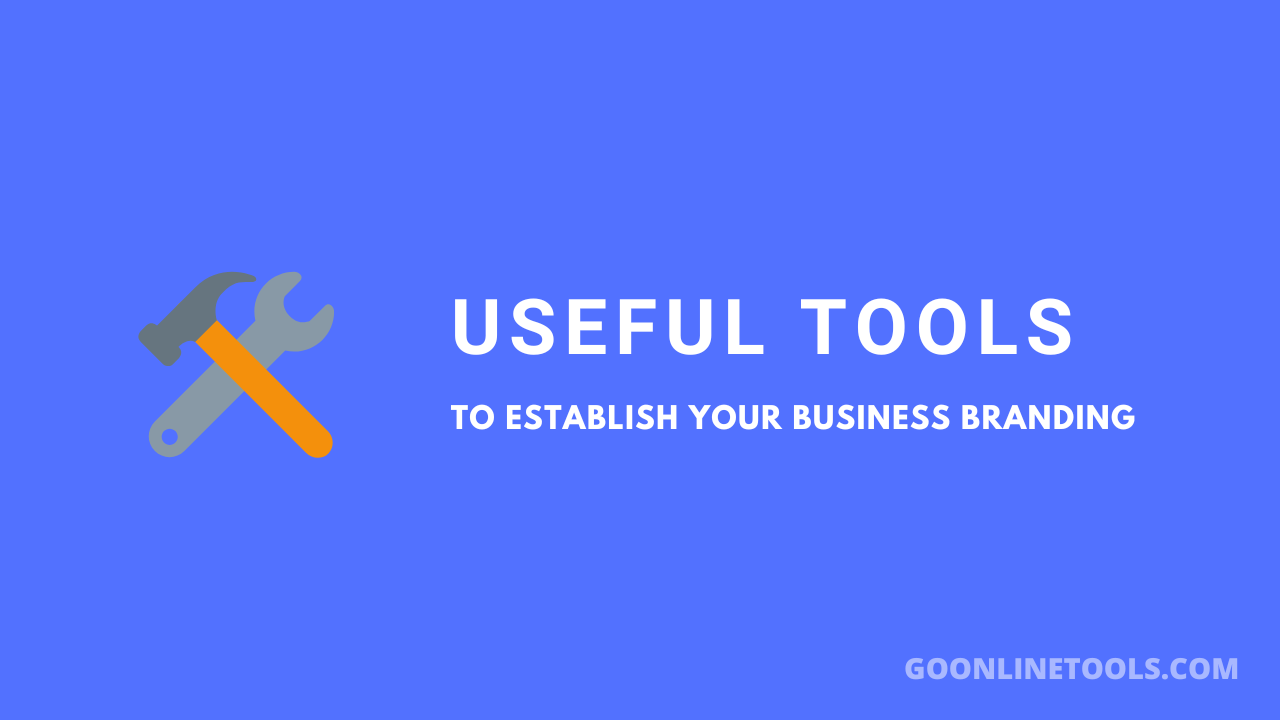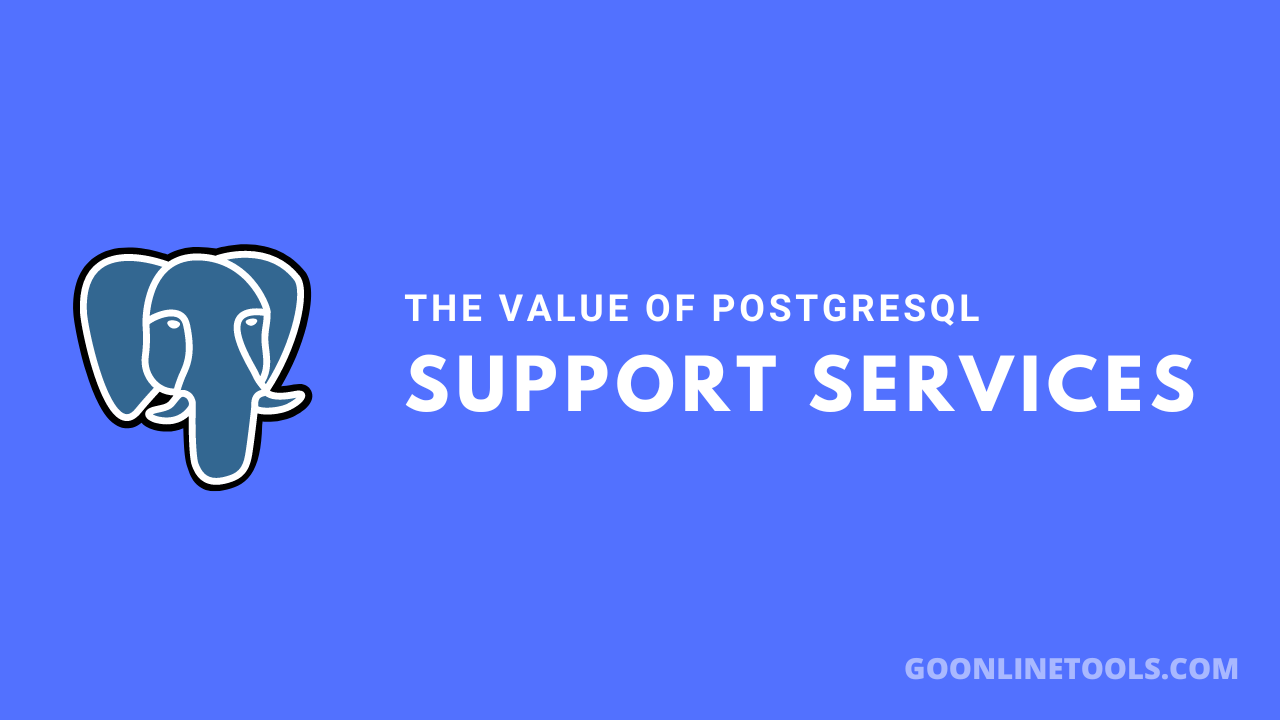
To launch an online business, you’ll need to handle a range of different tasks: Setting up a website, managing your inventory, establishing customer payment options, and beyond. There’s simply no way to handle all these tasks efficiently without using best-in-class software.
In fact, one of the first things you should do when establishing a new business is take stock of the software tools available to you, including those that are commonly used by your industry competitors and peers.
Naturally, the specific software tools you need can vary according to your business niche, but here are 10 selections that are easy to recommend across the board.

10 Essential Software Solutions for Online Businesses
1) Clio
From registering your LLC to creating contract templates, your online business will need access to legally sound documents and forms. You could hire an attorney or look into the best LLC services, but it’s much more affordable to get legal software like Clio.
2) WordPress
You won’t get very far in your online business without a good website, and a good website means sound, regularly updated content. There’s no better content management system (CMS) than WordPress, which provides plenty of plug-ins, customization, analytics, and beyond.
3) Stripe
You’ll need some kind of payment processing software before you can start processing orders. Stripe is probably the first among equals, though you might want to compare features and fees with Square, PayPal, and other software solutions in this category. Many business owners even check a quick PayPal review to understand how it performs for online payments.
4) Google Analytics
This is a true must, not least because it’s free! With Google Analytics, you can monitor key performance indicators to let you know how your online business is performing, including metrics like website traffic, referral sources, keyword searches that bring customers your way, time on page, and more.
5) MailChimp
Email marketing is one of the most effective ways to build and maintain a core audience. And, it’s consistently ranked as one of the most productive ways to boost website traffic and command user engagement. MailChimp is an outstanding platform for managing an email list and for sharing highly effective content.
6) Zendesk
In addition to putting together a website that’s user-friendly and fully optimised for search engine success, you’ll also need to provide responsive customer service. Zendesk is a great customer support software tool, allowing you to engage with customer inquiries via a live chatbot, dedicated email helpline, and more.
7) Asana
If you’re trying to coordinate efforts between different team members or to keep different departments aligned to shared goals and common timelines, you’ll need some good project management software. Again, there are a number of options, including Monday.com and Trello, and it’s worth comparing all the options before making a final call. For our money, though, Asana is the most seamless way to manage collaboration between different stakeholders.
8) Slack
If you don’t need full-fledged project management tools but do wish for a simple way to communicate internally, consider Slack. This tool provides capabilities for direct messaging, file sharing, and more. It’s also very scalable, making it easy to add new channels as your business grows or evolves.
9) Xero
Bookkeeping is an essential task for any small business owner. Whether you’re financially astute or need all the coaching you can get, you’ll find Xero to be a useful and intuitive program. Its features include everything you’ll need to get your online business up and running effectively, like invoicing, bank reconciliation, and financial reporting. Another product to compare with is QuickBooks; really, either one can be a great addition to your tech stack.
10) Canva
You’re going to need some original graphics and imagery, not just to provide fodder for your social media accounts but also for your emails. Whether or not you consider yourself to be artistically inclined, you’ll find Canva an easy and effective tool for generating visual content to order.

Honorable Mentions
In addition to this top 10 list, you might also consider a few very close runners-up.
- Norton 360 is a great pick for cybersecurity, something no online business can neglect.
- Intercom is a must-have customer messaging platform, ideal for customer support or follow-up marketing.
- Buffer and Hootsuite are both highly recommended if you’re looking for ways to automate social media activity.

Ensure the Right Software Tools for Your Online Business
To start your online business on the right foot, you must have all the right tools and resources. That means cultivating a powerful tech stack, including software solutions to serve a number of different functions. Use this list to guide you as you start building that stack.

Amanda E. Clark
Amanda E. Clark is a contributing writer to LLC University. She has appeared as a subject matter expert on panels about digital and social media marketing, as well as small business ownership.
View all postsComments 0
No comments yet. Start the conversation!





